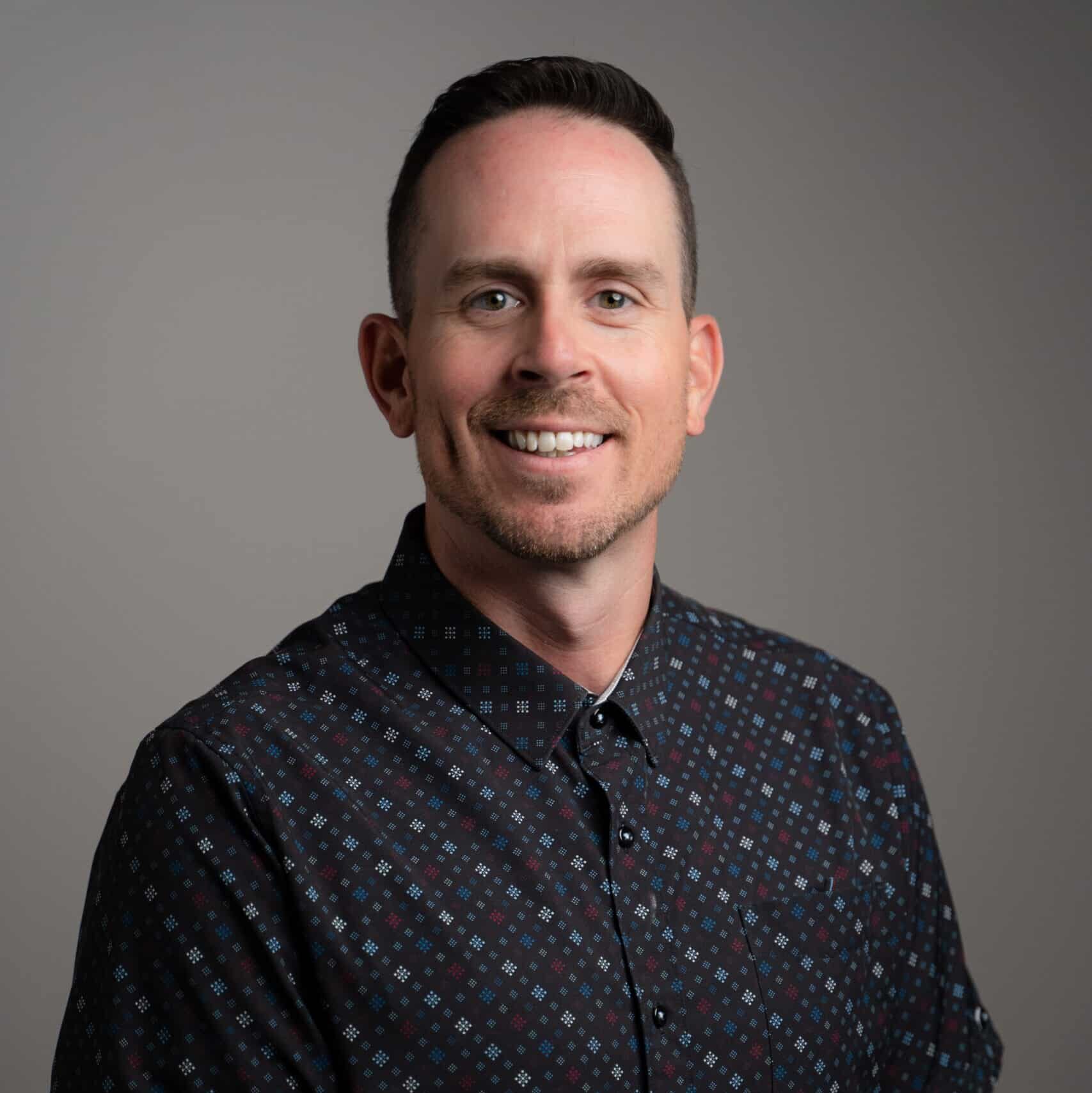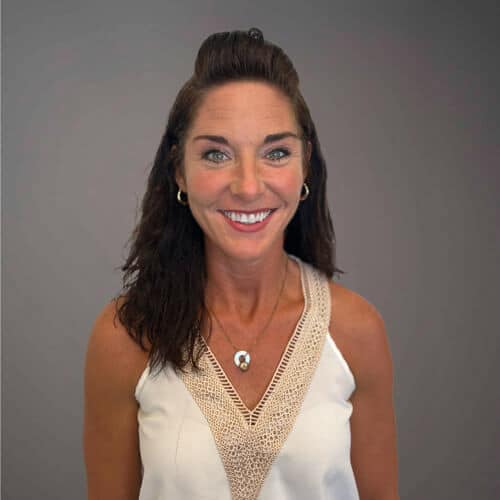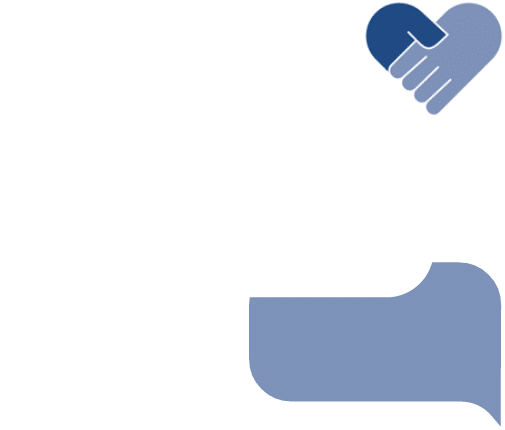Addiction and Mental Health Intervention Services in Utah and Nationwide for Families whose loved ones have not asked for help or hit bottom
Through Our S.A.F.E.® (Self Awareness Family Education™) Family Intervention Services in Utah, We Help Families of Loved Ones with Addiction and Mental Health Concerns to Change What is Not Working and Do More of What is
Franklin D. Roosevelt once said, “Do something. If it works, do more of it. If it doesn’t, do something else.” Most families reading this article or any other articles on our website would like to know what else they can do because what they are doing is not working. Most families in Utah or elsewhere in the United States are at a loss as to how to help their loved one with addiction or mental health struggles. The problem often starts slowly, not always, and often it does. Over time, as it worsens, families learn how to cope with the change maladaptively. Rather than do something about it initially, most families wait, hope, or pray that addiction or alcoholism is just a phase or that mental health can and will be treated appropriately by a doctor or psychiatrist. Most families are unaware that while acquiring ineffective coping mechanisms, their loved one is developing manipulative strategies to stay one step ahead of you. As a result of this power shift, families fall into unhealthy and unproductive patterns through dysfunctional family roles. The longer this continues, the harder it is to see and get out of it. So, it would be safe to say that if you are reading this, what you are doing isn’t working, and it is time for something different.
Although doing something different is simple, it is much easier said than done. Families are so ingrained in the dysfunctional world that the fear of doing something different is worse than the fear of the status quo. Families see us as the people trying to take away their solution rather than replace it with something that works. The enabler does not want to give up their role as a caretaker, or the one who is needed, and the hero does not want to give up their role as the perfectionist overachiever. Other family roles self-soothe themselves; to them, it is working, and to the outsiders looking in, it is not. The only one genuinely benefiting is the one with addiction and mental health through comfort and deflection. If families allow us the opportunity, we can help you see what is not working and why and help you through the difficult transition of doing something different and continuing to do it.
An intervention is not about how to control your loved one with a substance use or mental health disorder; it is about learning how to let go of believing you can.
What Can Professional Interventions Do For Us That We Can’t Do Ourselves
The quick answer as to what a professional brings over an emotionally and mentally flooded family is experience and credentials. In addition to credentials and experience, the most significant impact our addiction and mental health interventionists and counseling professionals bring is unbiased detachment. We see the forest from the trees because we are not you, and your loved one is not ours, nor are they affecting us. We know the problem from the balcony while you’re running in circles, trying to correct the issues on the stage with your loved ones as the conductor. Your attachment to your loved one and your unhealthy family role makes it impossible to navigate an effective solution. A family trying to formulate a solution is the same concept as the addict, alcoholic, or person with mental health concerns trying to develop their answer; they can’t.
Intervention services in Utah and Nationwide are available to families who ask for help and have hit bottom. We said that correctly when the family asks for help and hits bottom. Families often wait for their loved one to ask for help and hit bottom while their approach, orchestrated by their loved one, fails and doesn’t work. Families often provide comfort through enabling and codependency as they let their loved ones run through them. What a professional interventionist can do for you that you cannot do for yourself is everything. Even if you could talk your loved one into seeking help, how will you therapize yourself when the trials and tribulations of their recovery fall on you? How will you learn to say no and prevent them from leaving treatment against medical advice? How will you teach yourself how your acquired family role has worked against you and prevented your loved one from getting well? How will you learn to detach and engage in your self-care while realizing how you have neglected the rest of your family, friends, and life as you were consumed by the chaos and drama of one person? When will you realize that your loved one coming home after a short stay in treatment is an ineffective option?
The questions listed above are a small part of many more questions that will arise and need to be answered effectively. Families have somehow been led to believe that all that needs to happen is for the person to stop using alcohol or drugs or become medication-compliant to treat their mental health disorders. One of our many goals is to help you understand that the bigger problem is your loved one’s behaviors and your family roles that have been adopted to cope with the behaviors. These things do not change because they take meds or check into treatment; neither do the families. It takes months and years of continued work in recovery for both family and loved ones to return to normalcy. Families who believe the problem is simply addiction or mental health and not numerous other factors will wait a long time for their loved one to want help, hit bottom, and improve their condition.
Interventionist, Addiction, and Mental Health Resources in Utah
Like most states, Utah has plenty of resources for addiction, mental health, therapists, counselors, and Interventionists. Families must consider what they are trying to accomplish when choosing the available resources. When selecting, consider the above comments on the family’s emotionally and mentally flooded mindsets. Families often look for help through the lenses of codependency, enabling, maladaptive thought, fear, and comfort. Alcoholics and those with drug addiction and mental health almost always do the same. The resources are available, and where you are in your mind when considering these resources is why these resources are not often effective options.
When choosing to be guided by a professional, much like your loved one going to treatment choosing to be guided by a professional, families are shown why and how specific treatment plans are effective or not. Going with a local solitary interventionist who operates alone and helps your loved one check into a regional facility only for them to come back and sell you on a long-drawn-out sober coaching plan is good for them and not necessarily good for you or your loved one. This plan may sound good when viewed through distorted codependency, fear, and maladaptive thought lenses. Families in Utah and nationwide have effective options for their loved one’s mental health and addiction treatment needs. Having a professional intervention organization guide you through the process with appropriate staffing and assessments is the starting point. Before you think you know what your family and your loved one need, please consult us so we can assess your situation. Even if you disagree at the time, you will know where to turn when you have genuinely hit your bottom and are ready for help and surrender. As the book of Alcoholics Anonymous says, “Half Measures Avail Us Nothing.”
“The most formidable challenge we professionals face is families not accepting our suggested solutions. Rather, they only hear us challenging theirs. Interventions are as much about families letting go of old ideas as they are about being open to new ones. Before a family can do something about the problem, they must stop allowing the problem to persist. These same thoughts and principles apply to your loved one in need of help.”
Mike Loverde, MHS, CIP










